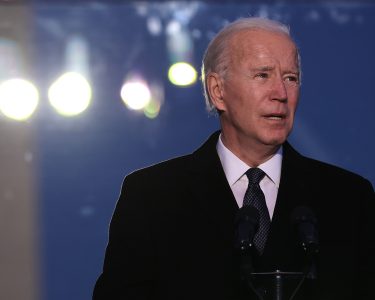In recent years, the issue of affordable housing has become a pressing concern for many Americans. The cost of living in cities across the country has risen sharply, making it increasingly difficult for low and middle-income families to find affordable places to live. The result is a growing housing crisis, with millions of Americans struggling to keep a roof over their heads.
The problem of affordable housing is particularly acute in urban areas, where rising demand and limited supply have driven up prices to levels that many people simply cannot afford. This has led to a wave of gentrification, as developers move in to build high-end housing for wealthy residents, while lower-income families are pushed out of their neighborhoods.
In response to this crisis, a growing movement has emerged advocating for affordable housing policies that would help ensure that all Americans have access to safe, decent, and affordable homes. The goal is to create a more equitable and inclusive society, where everyone has the opportunity to thrive.
At the heart of this movement is the idea that housing is a fundamental human right, and that everyone should have access to a safe and stable place to call home. This has led to the development of a range of policies and programs aimed at addressing the housing crisis, from rent control and affordable housing mandates, to subsidies for low-income renters and programs to help first-time homebuyers.
One of the most ambitious proposals to address the affordable housing crisis is the Green New Deal. This comprehensive plan, which was first introduced by Rep. Alexandria Ocasio-Cortez and Sen. Ed Markey in 2019, aims to tackle not only the climate crisis but also the economic and social inequalities that underpin it.
The Green New Deal proposes a massive investment in renewable energy and other climate-friendly technologies, which would create millions of new jobs and help to transition the country to a more sustainable economy. It also includes provisions to address the affordable housing crisis, such as a pledge to upgrade all existing buildings in the country to meet energy efficiency standards and to invest in the construction of new affordable housing units.
While the Green New Deal has faced fierce opposition from some quarters, its proponents argue that it represents a bold and visionary approach to addressing the twin crises of climate change and economic inequality. By investing in affordable housing and other critical social programs, they say, we can create a more just and sustainable society, where everyone has the opportunity to thrive.
Of course, achieving this vision will not be easy. There are many powerful interests that stand to lose if the status quo is disrupted, and the fight for affordable housing will undoubtedly be a long and difficult one. But with so many Americans struggling to make ends meet, and with the housing crisis showing no signs of abating, it is clear that something must be done.
In the end, the fight for affordable housing is not just about buildings and policies, but about the kind of society we want to live in. It is about creating a future where everyone has the opportunity to succeed, regardless of their income, race, or background. And that is a goal that is worth fighting for.




